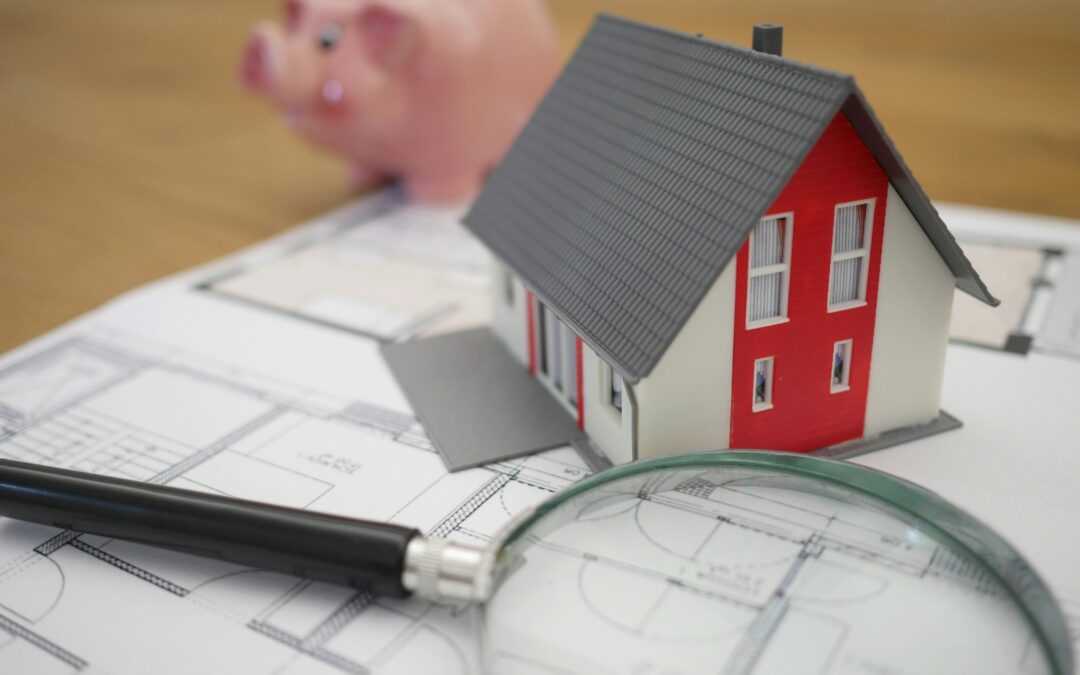Home equity is the amount of ownership a person has in their home, and it can be calculated by subtracting the amount owed on the home from the value of the home. It’s important to know that home equity can shift and is easily susceptible to change. Understanding what home equity is and how to utilize it can be a great financial benefit to owning a home.
Knowing how much equity you have in your home is critical for several reasons. Home equity values are vital if you are considering purchasing a new home or property. It can alter the loan amount you qualify for, which could drastically change available funds for a new purchase. It is also necessary information to have when looking to borrow against your home equity.
It is completely normal—and expected—for home equity value to ebb and flow over time. Equity growth can be expected as a person makes minimum mortgage payments on their home, but it can also increase in other ways. Making additional payments, larger payments, or putting more down on your home offers a quick way to build equity, if you have the available funds. Market value can also build equity, so it’s recommended to stay in your home for at least five years to leverage this factor. Renovations are also a great way to increase property value.
Your equity can decrease due to a dip in property values. It can also be negatively affected by the deterioration of your home over time. Although you can’t do much about property values, investing in renovations can combat the deterioration of your home and improve the value of your property. Borrowing against your home equity through a home equity line of credit (also known as a HELOC), reverse mortgage, or an equity home loan can lead to a drop in your home equity; however, that isn’t necessarily a bad thing! Doing this can help pay for retirement, consolidate debt, and cover renovations and other expenses, so in these cases, the benefit would outweigh the lowered home equity.
Once you know your home’s value, you can calculate how much equity you have in your home. For those who recently purchased a home, you can calculate a rough estimate of your home’s value by adding the down payment amount and the mortgage loan amount (also known as the purchase price). If some time has passed since you purchased your home, market values have likely changed, which means it can be more difficult to assess the value of your home. In that case, you may want to speak to a realtor, an appraiser, or take a look at similar homes in your area that have recently sold to get a better idea of your home’s value.
If you have questions about home equity or are looking to purchase a home, give our team of local mortgage experts a call today! We can help you get the answers you need to meet your real estate goals.
